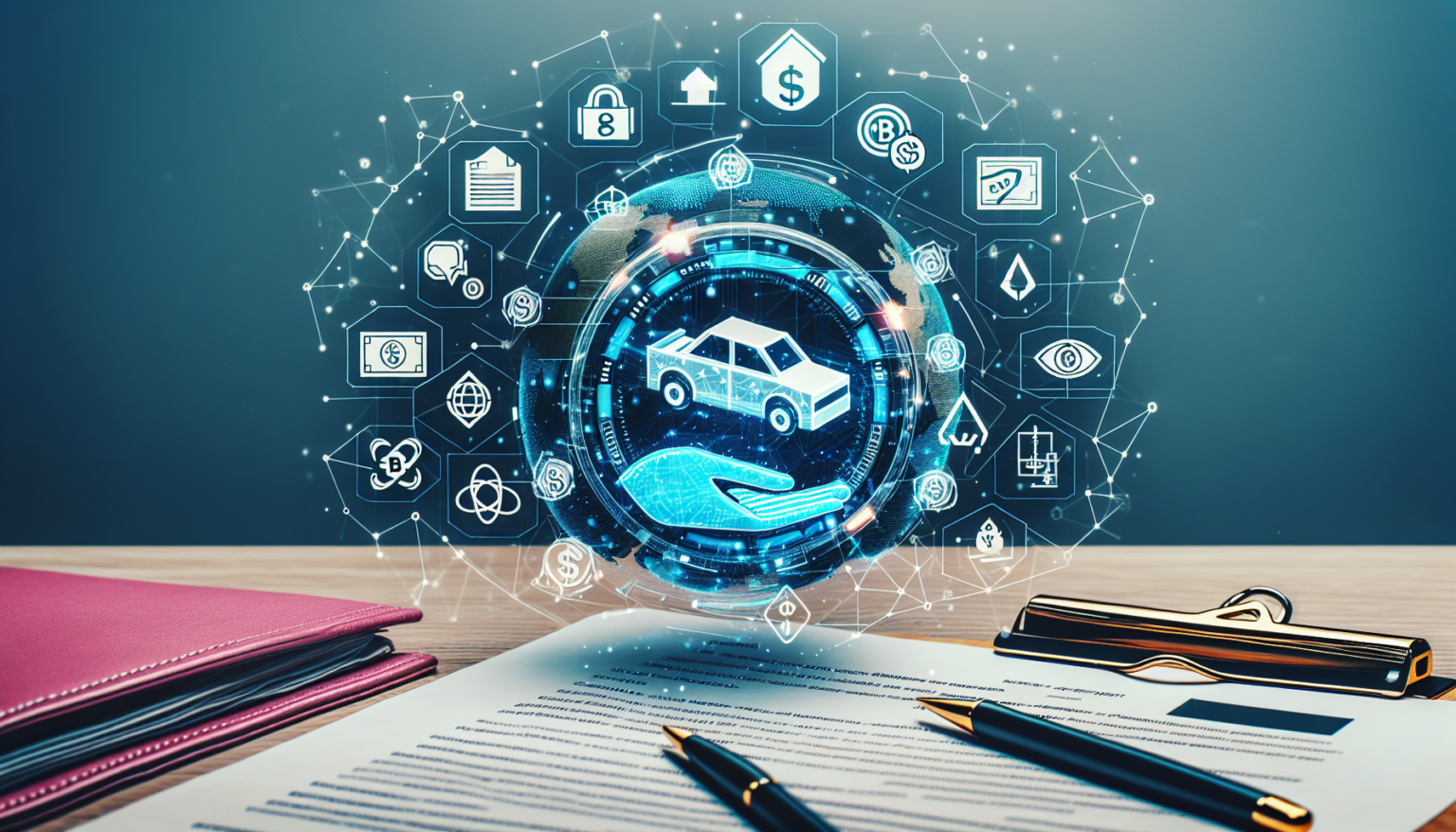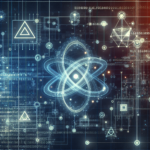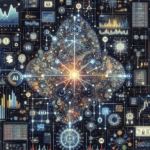Understanding Real-World Asset (RWA) Tokenization
Defining Real-World Assets
Real-world assets refer to tangible and intangible items that hold value in the physical world. These can include real estate properties, artwork, commodities like gold or oil, and even financial assets like stocks and bonds. The process of tokenization involves converting these assets into digital tokens on a blockchain, making them more accessible and easier to trade.
The Tokenization Process
Tokenization is essentially the process of creating a digital representation of an asset on the blockchain. This begins with identifying the asset and determining its value. Once this is established, a smart contract is created that will govern the token’s parameters—defining ownership, rights to dividends, and other pertinent details.
What are Smart Contracts?
Defining Smart Contracts
Smart contracts are self-executing contracts with the terms of the agreement directly written into lines of code. They live on a blockchain and automatically enforce and execute contractual obligations when predetermined conditions are met. They eliminate the need for intermediaries, which reduces costs and enhances efficiency.
How Smart Contracts Operate
When the conditions encoded in a smart contract are fulfilled, the contract self-executes. This autonomy is what makes smart contracts appealing—they provide a level of security and transparency that traditional contracts cannot. Additionally, since they run on a decentralized network, they are resistant to tampering, fraud, and coercion.
The Intersection of Smart Contracts and RWA Tokenization
Enhancing Security and Trust
One of the main advantages of using smart contracts in RWA tokenization is the heightened sense of security and trust they provide. Because smart contracts automate and enforce compliance, both parties involved in the transaction can be confident that the terms will be executed as promised without the risk of human error or manipulation.
Reducing Costs through Automation
By automating the processes that are typically manual and bureaucratic, smart contracts streamline the RWA tokenization process. This not only reduces operational costs but also shortens transaction times. Instead of waiting for third parties to process transactions, everything can be executed instantly on the blockchain.
Facilitating Fractional Ownership
Smart contracts make fractional ownership of real-world assets feasible. In traditional contexts, investing in assets like real estate often requires significant capital outlay. However, with smart contracts, multiple investors can own fractions of an asset, which not only democratizes access to high-value investments but also enhances liquidity in otherwise illiquid markets.
Use Cases of Smart Contracts in RWA Tokenization
Real Estate
In real estate, smart contracts can facilitate property sales by creating blockchain-based tokens that represent ownership shares in a property. This can streamline the buying and selling process, minimize paperwork, and ensure that all property-related data—from title transfers to rental agreements—are securely stored and accessible.
Case Example: Tokenized Real Estate Platforms
Several platforms are already utilizing smart contracts for real estate tokenization. By issuing tokens that represent either full ownership or fractions of a property, investors can seamlessly buy, sell, or trade their shares.
Art and Collectibles
The art world has also begun to embrace smart contracts for tokenization. By converting artwork into digital tokens, artists can retain a percentage of future sales through smart contracts that track ownership and sales history.
Case Example: NFT Marketplaces
Platforms that facilitate the buying and selling of Non-Fungible Tokens (NFTs) use smart contracts to ensure that artists receive royalties each time their work is resold. This ensures a continuous revenue stream for creators, which was previously difficult to manage in traditional art markets.
Commodities
Smart contracts can also enable the tokenization of commodities like gold or oil. By creating a digital token linked to a specific quantity of a commodity held in reserve, buyers can trade these tokens much like traditional commodities, but with the added benefits of blockchain technology.
Case Example: Tokenized Gold Platforms
Certain platforms allow users to invest in gold through tokens backed by physical gold reserves. Smart contracts help manage the logistics of storage, transfer, and ownership of the underlying gold asset, simplifying processes for both investors and sellers.
Challenges and Limitations
Legal and Regulatory Issues
While the benefits of using smart contracts for RWA tokenization are compelling, challenges persist, particularly in navigating legal and regulatory frameworks. The legal status of tokenized assets can vary widely across jurisdictions, creating uncertainties for investors.
Need for Standardization
The lack of standard protocols or regulations regarding smart contracts and tokenization can stifle innovation and market growth. There is a strong need for industry standards that clearly outline the legal and technical frameworks necessary for compliance.
Technical Challenges
Building a robust smart contract requires specialized knowledge in programming and blockchain technology. There is also the risk of bugs or vulnerabilities in the code that could be exploited, leading to financial loss.
Importance of Auditing
To mitigate these risks, thorough auditing and testing of smart contracts before they are deployed is essential. This ensures that the contracts function as intended and are secure from malicious attacks.
Future Prospects of Smart Contracts in RWA Tokenization
Advancements in Technology
As blockchain technology continues to evolve, the capabilities of smart contracts will also improve. Innovations such as interoperability among different blockchains may broaden the scope of asset tokenization, enabling smoother transactions between disparate systems.
Growing Acceptance and Usage
The acceptance of smart contracts and tokenized assets is expected to grow as more industries recognize the benefits of increased efficiency, security, and cost-savings. Increased adoption could lead to a more integrated global market for real-world assets.
Expanding Investment Opportunities
In the future, smart contracts could democratize investments in various sectors, allowing more individuals to diversify their portfolios by investing in tokenized real-world assets that were previously out of reach.
Bridging Traditional and Digital Economies
Ultimately, smart contracts in RWA tokenization have the potential to bridge the gap between traditional finance and digital economies. As financial systems converge, smart contracts can serve as a foundational technology that enables seamless transactions across both worlds. This bridging could unlock significant value and foster innovation across industries, paving the way for a new era of investing.









